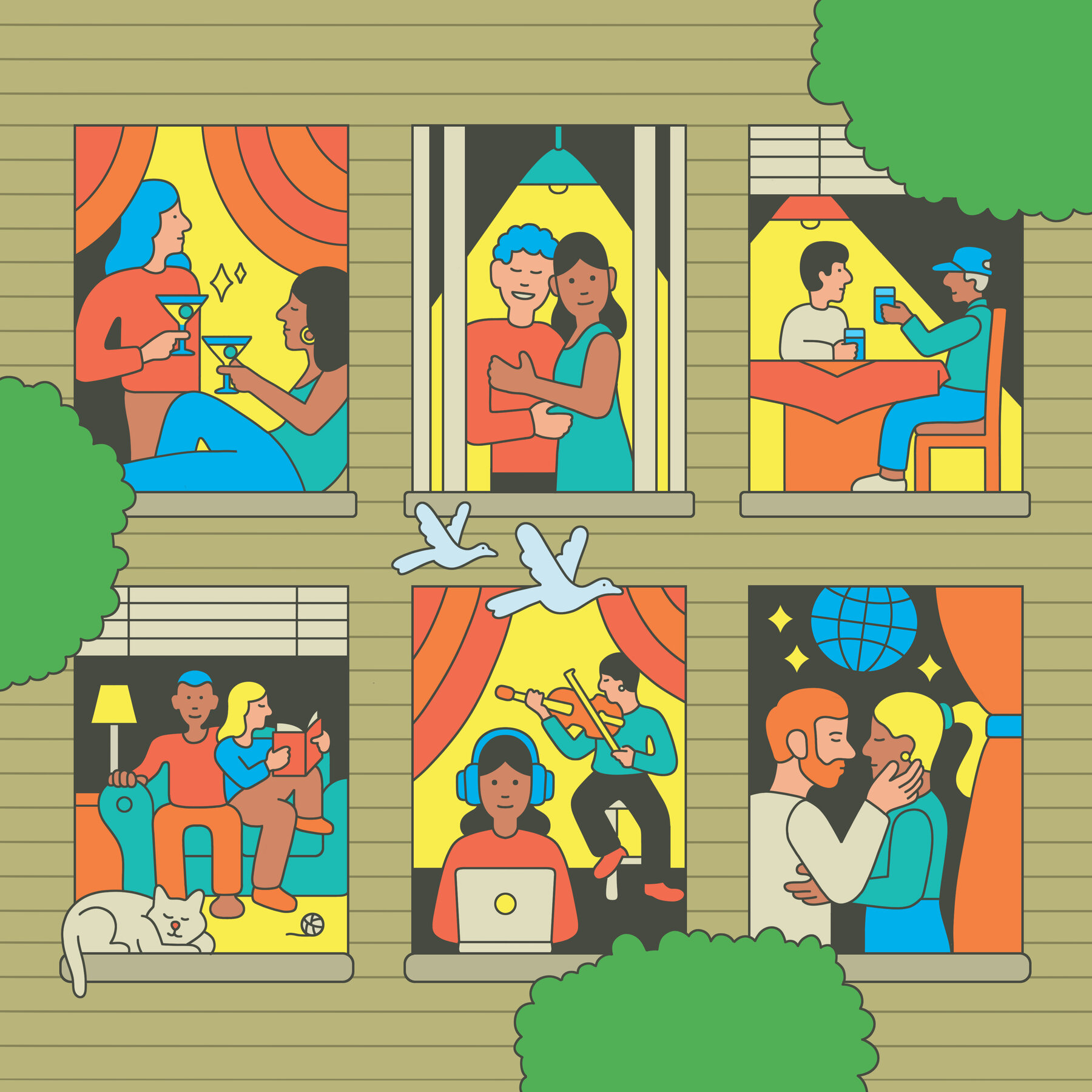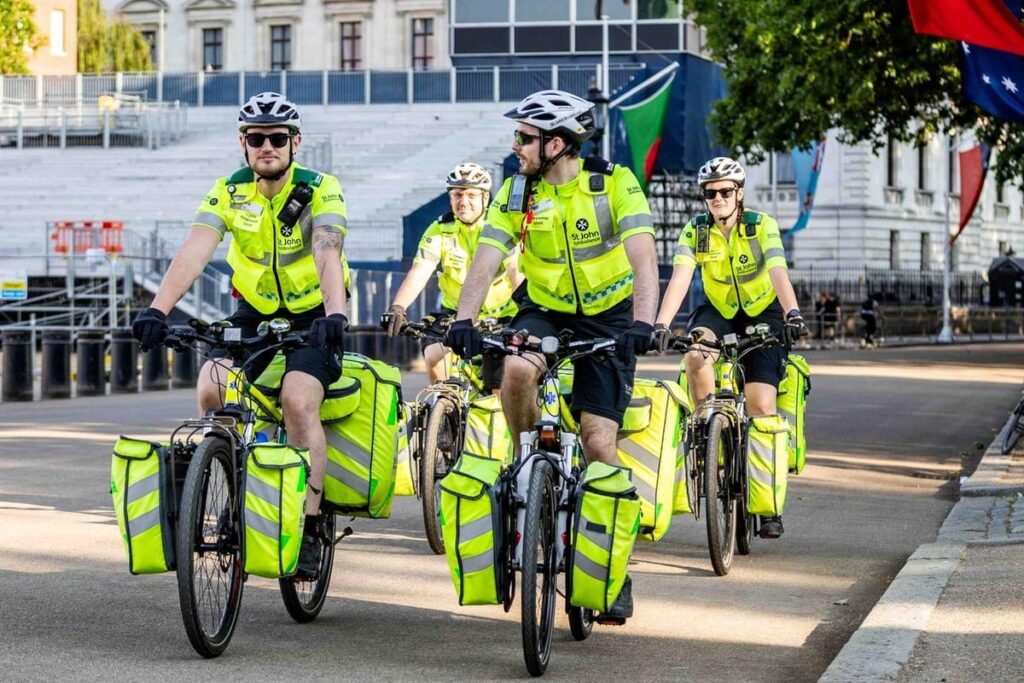As temperatures soar during the summer months, understanding how to protect oneself from heat-related conditions becomes crucial. With the right knowledge and precautions, individuals can prevent common issues such as heat exhaustion, sunburn, and dehydration, thereby avoiding unnecessary hospital visits. This guide provides essential tips for staying safe in hot weather.
Understanding Heat Exhaustion
Heat exhaustion can occur after prolonged exposure to high temperatures, particularly in those unaccustomed to hot, humid environments. It results from a significant loss of salt and water due to excessive sweating. This condition is common in outdoor events like festivals, where the risk of overheating is high.
Symptoms and Treatment
Typical symptoms of heat exhaustion include heavy sweating, weakness, dizziness, nausea, and a rapid pulse. If you suspect someone is suffering from heat exhaustion, it’s important to act quickly. Move them to a cooler place, encourage them to drink water, and apply cool, wet cloths to their skin.
Recognizing and Responding to Heat Stroke
Heat stroke is a severe condition characterized by an internal body temperature of 40°C (104°F) or higher, often accompanied by confusion, unconsciousness, or aggression. This is a medical emergency that requires immediate attention.
First Response: The “S3F” Method
- Shade: Move the person out of direct sunlight or away from the heat source.
- Strip: Remove excess clothing to help cool the body.
- Spray: Apply misted water or pour cool water over the person.
- Fan: Use a fan to increase air circulation and promote evaporation.
Immediate medical assistance is crucial, so call emergency services if heat stroke is suspected.
Preventing and Treating Sunburn
Sunburn is another common issue during summer. To prevent it, wear protective clothing, stay in the shade, and apply a high SPF sunscreen. Severe sunburn can lead to skin damage and increase the risk of heat exhaustion.
Identifying Sunburn
Symptoms include red, blistered skin and pain. Treat sunburn by applying cool compresses, aloe vera, or moisturizing lotion to soothe the skin.
Combating Dehydration
Dehydration occurs when the body loses more fluids than it takes in, especially in hot weather. It can exacerbate other heat-related conditions if not addressed promptly.
Signs and Solutions
- Thirst and dry mouth
- Dark urine
- Fatigue
- Dizziness
Rehydrate by drinking water regularly throughout the day. If dehydration persists, seek medical advice.
“In the hot summer sun, a few simple steps can really help everyone to make the most of the weather while staying safe. Drink water regularly—little and often is best, avoid the sun during peak hours, and wear broad-spectrum sunscreen with at least SPF 30.” — Lydia Scroggs, Head of Clinical Strategy and Policy, St John Ambulance
For more detailed first aid advice on heat-related conditions, visit the St John Ambulance website.
As summer continues, staying informed and prepared can make all the difference in enjoying the season safely. Whether you’re attending outdoor events or simply enjoying a sunny day, these precautions can help you and your loved ones stay healthy and comfortable.
About The Author
 Trump’s Domestic Policy Bill Faces Critical Test in Divided House
Trump’s Domestic Policy Bill Faces Critical Test in Divided House AI Model Revolutionizes Prediction of Sudden Cardiac Arrest Risk
AI Model Revolutionizes Prediction of Sudden Cardiac Arrest Risk Breakthrough Gene Therapy Restores Hearing in Deaf Patients
Breakthrough Gene Therapy Restores Hearing in Deaf Patients Strengthen Your Relationships: Expert Tips for Better Communication
Strengthen Your Relationships: Expert Tips for Better Communication Carthera’s SonoCloud Gains EMA Endorsement for Brain Disorder Treatment
Carthera’s SonoCloud Gains EMA Endorsement for Brain Disorder Treatment